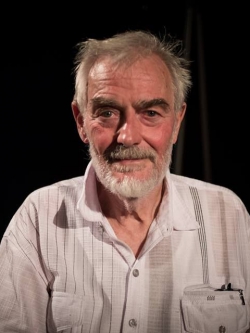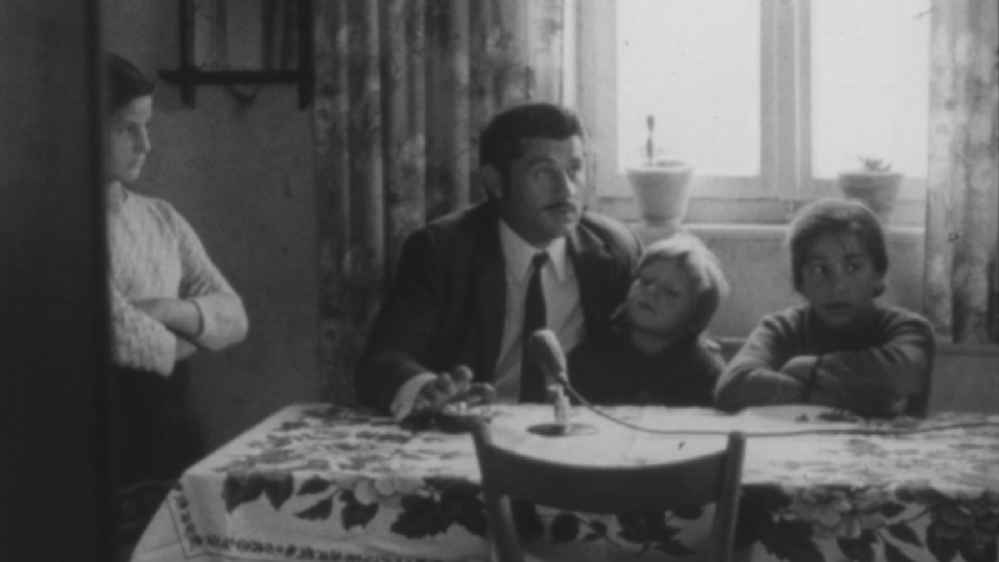Being Gypsy
All attempts were made to destroy any documentation or evidence of genocide in the Nazi death camps. In Att vara zigenare, Nestler shows the burnt, buried, and shattered remains of evidence alongside Otto Pankok's paintings, the accounts of survivors, and images of the barracks. Yet the film goes beyond the Roma Holocaust and highlights the centuries-long persecution and social isolation of the Roma. Nestler refutes the consensus, the dominant cliché that "it will never happen again," and insists "it happens every day."
In the sixties I learned of this constant injustice, was made aware of it, especially by the works of the painter Otto Pankok, and by the social work of Birgitta Wolf, by the writings of Hermann Langbein, who was one of the main witnesses in the Auschwitz trial. I learned about the uninterrupted discrimination against the minority in Germany and Austria, where everything revolved around reconstruction, about economic advancement. The war crimes were put to rest, and the many perpetrators, former SS members and criminal police officers, as well as the “racial hygiene researchers,” returned to their offices and positions, continued to discriminate and exclude the Sinti and Roma for decades. – Peter Nestler
Peter Nestler (b.1937) is one of the most singular and important filmmakers to emerge in postwar Germany. In the early 1960s Nestler made a series of poetic films about the changing realities in rural and industrial areas and about the working class communities, mostly in Germany, but also in the UK, where he filmed A Working Men's Club in Sheffield (1965). In the same year he directed From Greece (1965), on the rise of and struggle against fascism followed by the unsparing and exigent In the Ruhr Area (1967). Opposition to his political views and film aesthetics led Nestler to Sweden, where he worked mostly for television. Since the 1970s, Nestler has directed an extraordinary body of work further expanding the form and themes of his first films, including history, the working class, anti-fascism, the history of labour and production, and immigration. In the past 20 years, Nestler's films have continued to focus on change, remembrance and preservation, as exemplified by The North Calotte (1991), a remarkable travelogue tracing the harmful effects of industrialisation on the Sami communities and the landscape of Northern Europe.
(Source: https://dafilms.com/)




